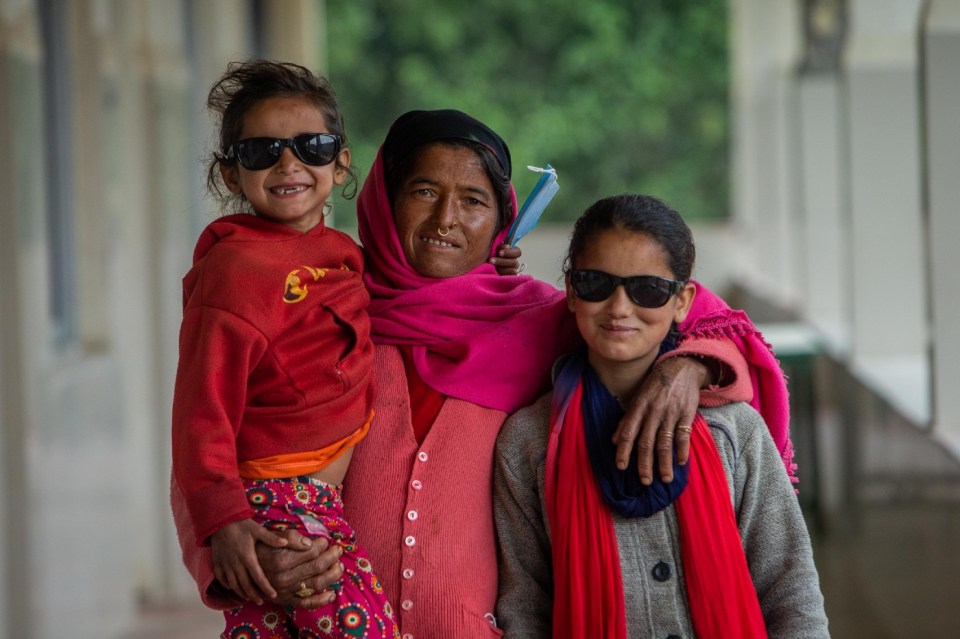
Visual impairments cause a loss of education
Many children in developing countries often have restricted access to education, when paired with a visual disadvantage, it is near impossible for them to learn at all. With some progress being made, often with the assistance of international organisations, there is still a long way to go in terms of supporting visually impaired youth.
Visual impairment is one of the most common disabilities seen in children. Across the world, children require access to eyeglasses or some form of corrective treatment. In many nations, there are children who do not have access to treatment or glasses due to a lack of resources or infrastructure in the region. This has led to complete disenfranchisement from education and social activity.
Loss of vision can cause a multitude of issues, especially in middle to low-income countries. Across the Western world in countries such as the US and the UK, many children are able to gain access to sufficient treatments – allowing them to stay educationally and socially productive. However, this is not the case in many other countries. In regions such as South-East Asia and Africa, children already have certain obstacles to face when trying to attain education, when vision loss is added it is almost impossible for those children to go to school at all.
Both remaining out of education and attempting to go to school can hinder a child’s ability to learn. In a report by the Nigerian Journal of Ophthalmology, it is stated that governments should be spending at least 5% of GDP on health-related matters for children. Many governments are unable/are not willing to do this due to differing priorities, leading to many who could be cured of blindness, remaining blind.
Certain efforts can be made in schools to prevent children from missing out on a well-established education. In 2018, the Commonwealth made a strong commitment to giving access to quality eye care for all – the first time that any heads of state had pledged to support eye health on a large scale. This initiative then encouraged the United Nations to create a resolution that supports the development of eye care.

Building upon this, the Commonwealth Coalition has revived its call for education ministers to work alongside health ministers to create a system to introduce eye tests, affordable glasses and treatments across the Commonwealth by 2030.
It has been reported that there are over 300 million children across the world suffering from some form of sight loss and requiring glasses to fix their vision. Without this intervention, many children will live a life without access to quality education, pushing them into poverty as they move through life.
Around three-quarters of the world’s blind youth live in the poorer regions of Asia and Africa where eye specialists are scarce. Many organisations are beginning to train general practitioners and specialist eye practitioners in new methods to treat blindness in developing nations. With this in mind, it is important to note that the International Agency for the Prevention of Blindness discovered that there was a “critical shortage” of eye care professionals in sub-Saharan Africa.
The lack of specialists has caused a significant divide in how people are treated in different countries. With the emphasis on education and children, it is essential to recognise that implementing programmes within communities and schools will improve the lives of many visually impaired children across the world.
For this to become a reality, we must call on governmental bodies and organisations to make a real change before it is too late.
The Tej Kohli & Ruit Foundation is a restricted fund operating under the auspices of Prism The Gift Fund, registered UK charity number 1099682.